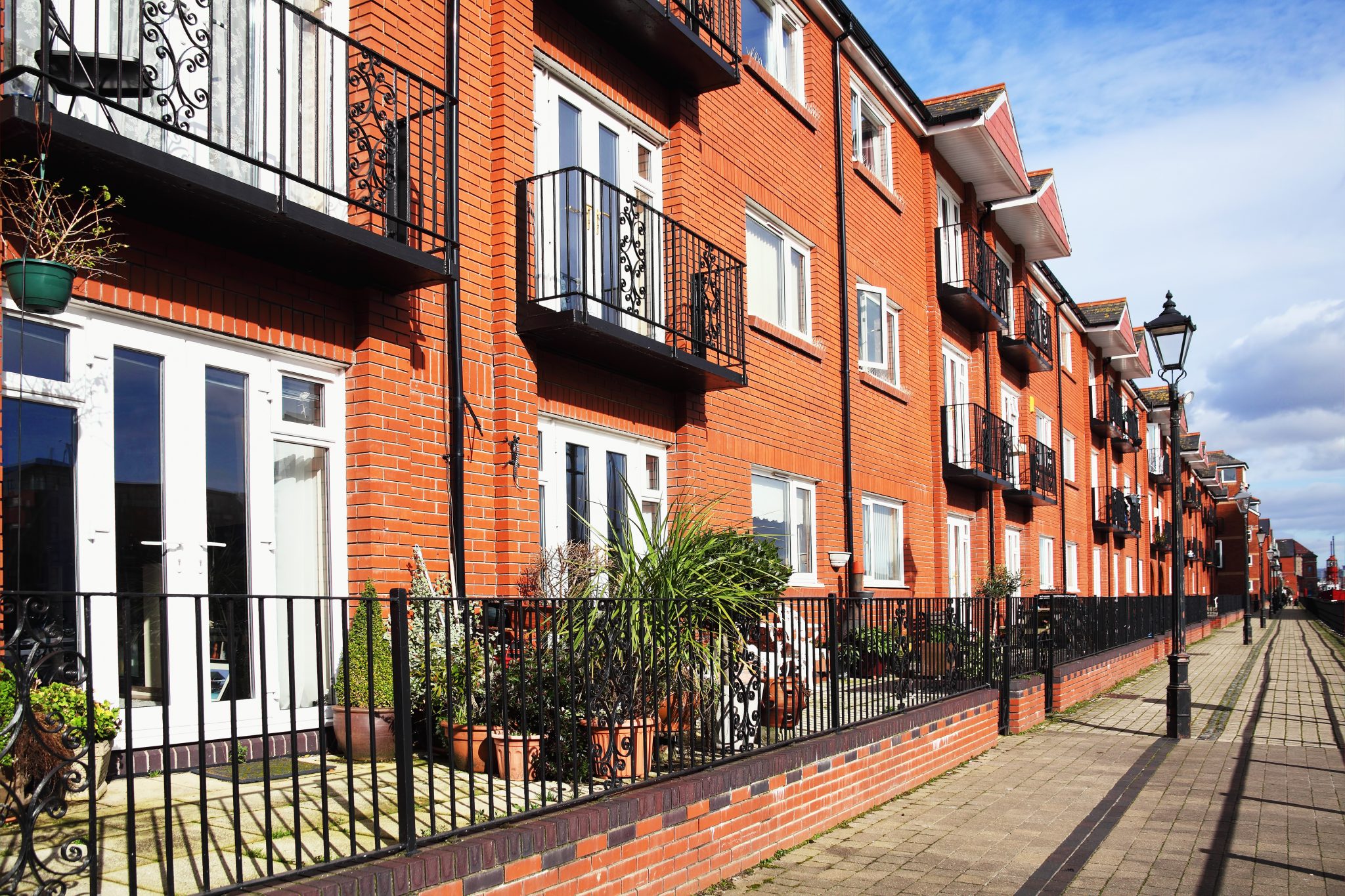
The biggest barrier to good quality affordable housing is infrastructure.
Actually, it’s planning.
No, it’s funding.
The biggest barrier to good quality affordable housing is the system.
The Chancellor of the Exchequer, Rachel Reeves, has set out the Governments plans for housing over the next parliament, with an ambition to build 1.5 million new homes, and whilst there are questions being asked about the funding of the needs of social and affordable housing, it does look like some of the systemic issues are starting to change, which is a welcome start .
The most significant change is the re-designation of low-quality green belt land as “Grey Belt” this is halfway between brownfield – former industrial / commercial land often in urban or intraurban environments – and green belt – the bucolic pastoral countryside that needs protecting.
This redesignation, or more importantly, the recognising that there is not in a binary good/bad development land situation hopefully will enable quicker and better planning decisions that benefit those in need of a home.
However, there are other ways to effect essential systemic change; no solutions should be discounted.
New development is costly, lengthy, and always needs to be supported by infrastructure. The post war building recognised that you don’t just build houses you build communities. However, our collective national housing memory forgets the good and concentrates on failures. For every “Ronan Point” there were countless successful communities built where people needed to be which included shops and schools and medical centres and buses. We don’t think about those, because why would we? They aren’t as exciting as failure.
Now we need to find better ways to go back to the days of integrated communities, where infrastructure and services interlock with housing.
The Government has really exciting plans for New Towns – filled with the needs of a community, but what about existing infrastructure?
Take London, for example.
Nearly 65,000 households are living in Temporary Accommodation. These families have somewhere to sleep, but they are homeless. The accommodation they are in is often unsuitable, unpredictable, and unwanted. Families need a stable, secure, safe and affordable home. They need a home near transport links, and schools, and medical facilities… Building on “Grey Belt” land will alleviate some need, but there will be increased outlay on new community facilities.
What if there was another way?
What if there was a way to create high quality, safe, secure, and affordable homes where the facilities already exist?
In 2023 we supported the joint APPG Inquiry into Rethinking Commercial to Residential Conversions. The report that came out of the enquiry had some clear recommendations that amount to – Add conversions into the local housing plan and make sure Permitted Development Rights do NOT apply to these conversions, ensure conversions meet “Healthy Homes” standards, place them where communities already exist not on an industrial estate away from schools, transport, shops… and work in partnership with local councils.
There are hundreds upon hundreds of possible conversion sites in London, they are where people live, and work, and spend their lives, they are all sorts of buildings from offices and light industrial to commercial, and local authority buildings. As work and shopping habits have changed, the dead spots where shops and offices used to be could become a range of affordable housing options. Some forward thinking councils are already exploring this option – so it can be done, and done successfully.
We don’t need to find all the solutions by looking outwards from our urban environments, we can look inwards. Conversion is one option to reinvigorate the existing built environment, another is how we bring empty homes back into productive life – I’ll look at this in another blog.

The exciting part is that with the right oversight, the right standards, and the right political will, we could transform the lives of families experiencing homelessness.








